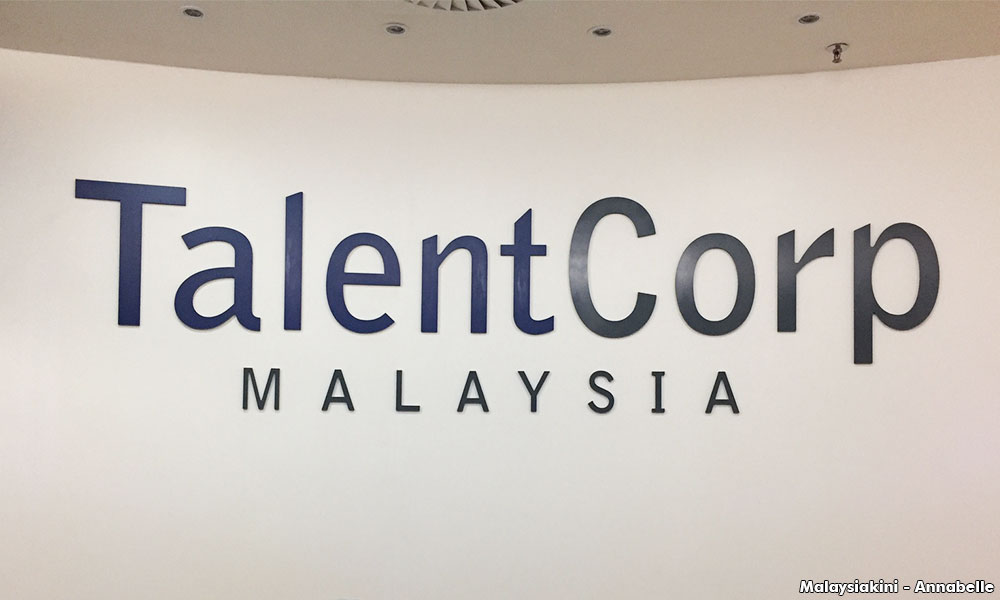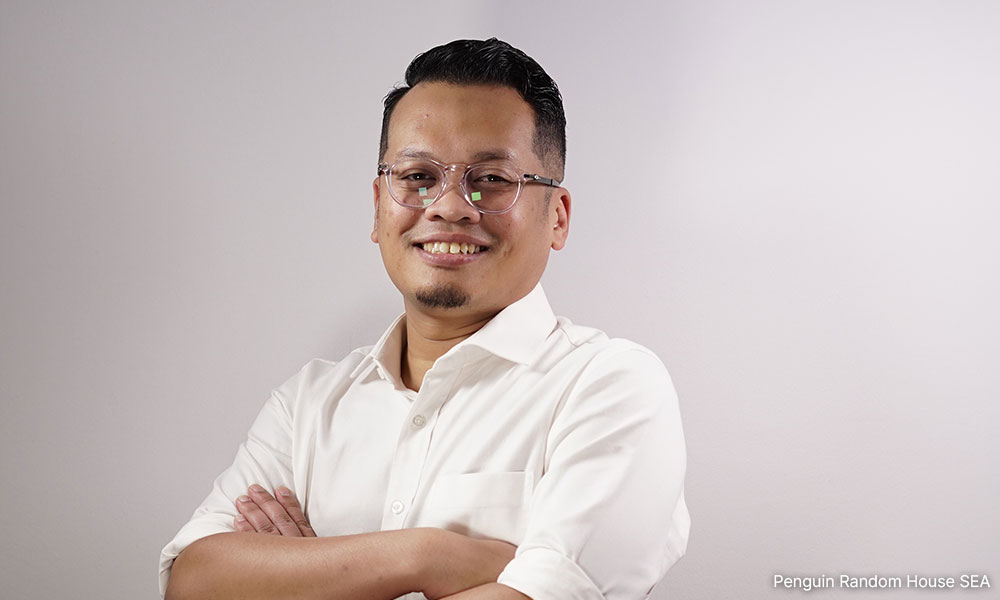The Home Ministry would have received an overnight windfall of RM4 billion via its Premium Visa Programme (PVIP), apparently from 20,000 applications when it was launched on Sept 1.
True or false? Hard to know.
Absent was the context of the home minister’s claim, the Bernama report stirs my doubt.
The exorbitant one-off application fee of RM200,000 aside, PVIP seems to duplicate Malaysia My Second Home (MM2H) programme, which is reportedly discouraging prospective applicants from relocating due to changes in its requirements.
Local analysts have pointed out that similar programmes in Thailand (Thai Elite Visa) and Portugal (Golden Visa) with less red tape are more attractive than the MM2H programme in getting the best and brightest minds.

Include the recent post-pandemic recovery drives in Singapore (Overseas Networks and Expertise Pass) and Australia (State Nominated Migration Program), you’ll see the lack of competitive edge in the MM2H and PVIP, which Bangi MP Ong Kian Ming articulated in his commentary.
The fact is, we are not doing that well in attracting foreign talents, notwithstanding the home minister’s hubris. We currently rank 34th (out of 134 countries) in the Global Talent Competitiveness Index compared to Singapore (2nd) and Australia (11th).
Even with Talent Corp established in 2011, Malaysian professionals are still leaving sporadically when circumstances allow them to.
This report, though, claims that "as of June 2022, Talent Corp has facilitated the return of around 6,000 skilled Malaysians from abroad under the REP (Returning Expert Programme), out of more than 10,000 applicants".
For a context of where we stand, let’s look at the human flight and brain drain index (0-10) published by GlobalEconomy.com.
It gauges the economic impact of human displacement on a country’s development. The higher the index, the greater the "brain drain".

The latest figures show Malaysia’s index is 4.4, Singapore (1.6) and Australia (0.4).
The push factors are self-evident. A series of crises since former prime minister Muhyiddin Yassin took over the helm, a former prime minister in jail and several yet-to-be exposed corruption cases make us look like we are spiralling into a dysfunctional state.
For a democracy, the structural cracks are many –incompetent leadership, public corruption, poor delivery of public services, weak public institutions, lack of social safety net, low wages and divisive racial politics.
The reasons to remain overseas are significantly stronger than the incentives to return.
Progressive leadership
Anecdotes are many in diasporic blog sites - each flagging the need to vote in a progressive government that is less hung up on race, religion and patronage but more focused on promoting inclusive policies, good governance, political stability and the rule of law.
Available figures on the Malaysian diaspora in 2019 showed that out of about 1.28 million Malaysian emigrants in Asia, 74 percent are in Singapore, Brunei (four percent) and Taiwan (1.7 percent).
Out of about 192,000 Malaysians in the Oceania countries, more than 90 percent work and live in Australia, the rest in New Zealand and Christmas Island.
Without the benefit of demographic figures of Malaysian emigrants, it is plausible that Malays form part of the diaspora, albeit in the minority.
The aspirations of Malay emigrants are no different from those of other communities. We are all looking for a fair shake in countries that recognise our skills set and commitment to hard work.
Here, it is appropriate to quote Setiawangsa MP Nik Nazmi Nik Ahmad, author of "Moving Forward: Malays for the 21st Century", from his commentary: "… we must promote the idea that Malaysia’s future depends on less, not more, ethnocentrism all round.

"Yet too many of our leaders are unable to get out of the proverbial tempurung. Let me end with an old Malay proverb - Hujan emas di negeri orang, hujan batu di negeri sendiri, lebih baik negeri sendiri’.
"Sadly, it seems to be raining stones in our nation more often than not these days. Reversing this deleterious slide in Malaysia’s fortunes and restoring its promise will be the defining challenge of this decade and indeed of our generation."
That was written in 2010. It applies today. - Mkini
ERIC LOO is a former journalist and educator in Australia, and a journalism trainer in parts of Asia.
The views expressed here are those of the author/contributor and do not necessarily represent the views of MMKtT.




No comments:
Post a Comment
Note: Only a member of this blog may post a comment.